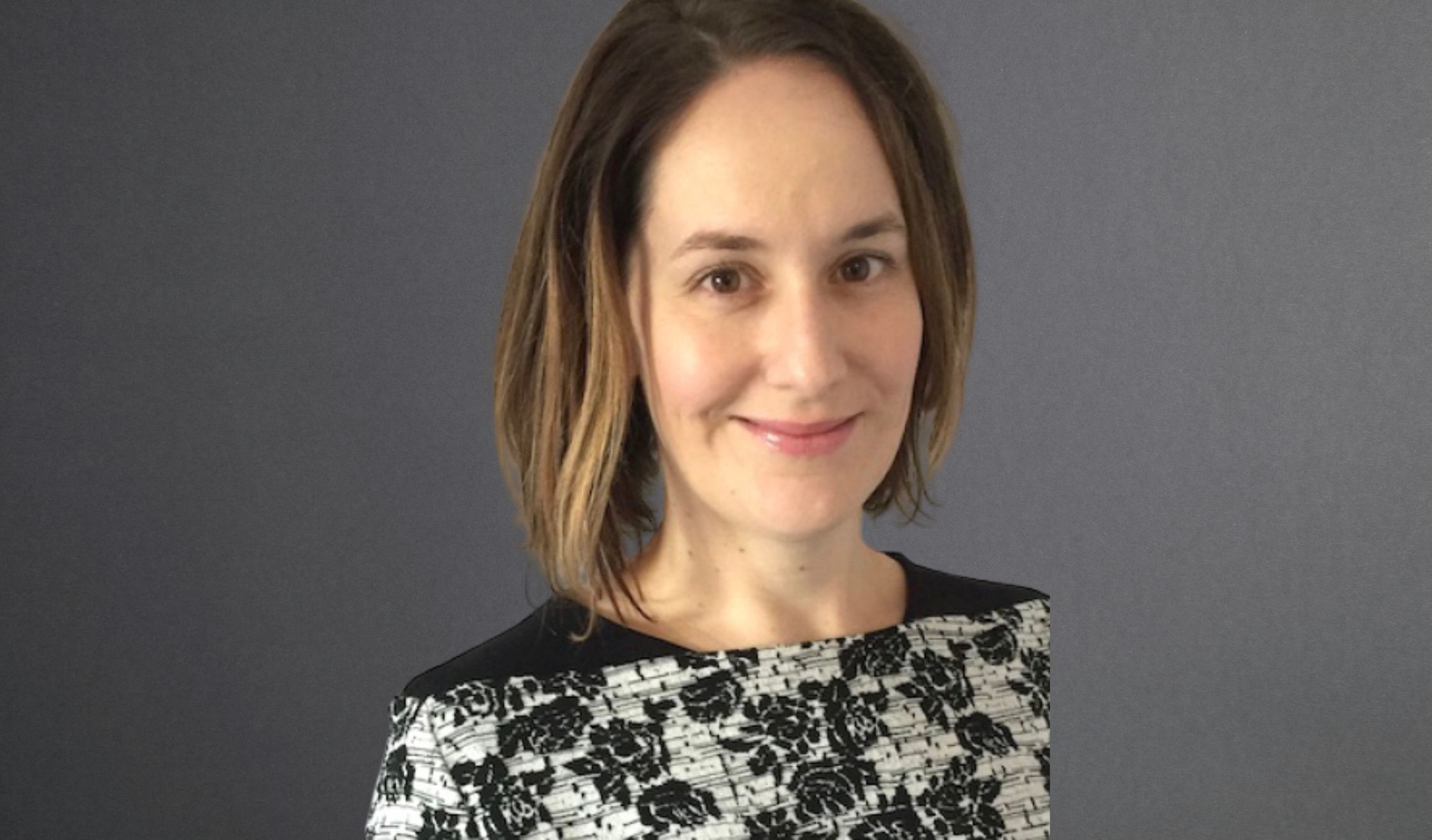Mediation has been steadily growing, both as a profession and as a complementary skill set for lawyers, counsellors, and HR professionals. According to LexisNexis, mediation industry revenue has grown steadily by 2.9% year on year, reflecting both its popularity as a collaborative means to solve problems, and the fact it’s been mandated by many courts, including the Federal Court of Australia and Federal Circuit Court.
While lawyers possess an impressive arsenal of skills those required in mediation aren’t necessarily what you think. We spoke to Family Dispute Resolution Practitioner and Alternative Dispute Resolution Academic of the Year, the College of Law’s Linda Kochanski, on what makes for a great mediator, the skills you need, and personalities that fit - and, at times, don’t naturally fit - mediation.
Meet LARSQ, your Swedish best friend in mediation
LARSQ stands for Listening, Acknowledging, Reframing, Summarising, and Questioning, and lists the skills mediators use to resolve disputes effectively.
“LARS originally came from Professor John Wade,” Linda Kochanski explains. “A colleague and I added the 'Q'. It was developed to assist in the learning and development of the skills a mediator needs to use. I often refer to LARSQ as my 6’ 2” Swedish friend! It gets a laugh and I think makes it easier for people to remember.”
At the heart of LARSQ is communication. This is more than merely problem-solving. Indeed, many people drawn to mediation are, by nature, problem solvers.
“This is often not a good thing,” Linda observes. “To become a great mediator, you’re creating problem solvers. This involves wearing a different ‘hat’ as you help the parties solve the problems together. To step back from being the solver of problems, and empowering others to collaborate to resolve their disputes themselves, it’s important that you believe in the mediation process.”
This is why Linda thinks that in addition to being good communicators, mediators need to be curious and non-judgemental and able to adapt to the parties, processes and interventions involved during the course of a mediation. Many who are drawn to mediation come from professions which prioritise diagnosis and judgement.
“This can prove frustrating and make it hard for them to transition to the role of a mediator,” Linda says.
Effective mediators need to be willing to dial down the ‘problem solver’ aspect of their personalities to leave space for the parties to reach a lasting agreement on their own terms.
Achieving lasting dispute resolution, with less conflict
Mediation sits as an almost direct counterpoint to the adversarial process so common to how lawyers resolve disputes. Thus lies the art of mediation: while the mediation itself may be mandated; it still requires a skilled mediator to allow cooler heads to prevail.
“As a lawyer who became a mediator, I personally enjoy having both parties to a dispute to work with in a finite setting,” Linda says. “Mediation is rewarding because it assists people not only to resolve disputes but also to manage their ongoing relationships with less conflict, which therefore lessens the impact on them.”
In the case of Family Dispute Resolution, this is even more important, as children are frequently the subject of dispute during the breakdown of a relationship.
“Wherever possible, people should be able to have a say on how a dispute is managed and resolved,” Linda says. “Mediation works well where people need to have some sort of ongoing relationship, as it allows them the opportunity to work on future conflict resolution skills.”
A promising pathway for lawyers, HR and counsellors - or career in its own right
Mediation often represents a radically collaborative approach to resolving a dispute, an attempt for warring parties to understand each other as they find a mutually agreeable way forward. For this reason, it’s proven to be a popular additional skill set among lawyers, counsellors or HR professionals.
“Mediation and FDR accreditation can be an excellent addition to your professional skillset, or a pursuit in its own right,” Linda says. “In recent years mediation has gained acceptance as more than just an add on to a legal, counselling or HR career. Many people are now holding themselves out as full-time mediators. Some work within funded organisations, but others are private practitioners. Others have come together and opened mediation businesses to reflect the industry or area they live in.”
Ultimately, the best mediators know that success is determined not by the mediator, but by the parties.
“A skilful mediator should always check in with the parties, and gauge how they are feeling throughout the mediation, ensuring they feel heard and acknowledged,” Linda says. “Crucial to this is whether each party has had an opportunity to have a voice, be heard, and hear the other party. If this is done, the parties will often start talking to each other. Should this arise, you, as a mediator, can often sit back and allow the parties to find the options that work for them, and move forward with little or no intervention from the mediator.”
It is important to remember that mediators are responsible for the process of mediation, not the content. Indeed, as Linda explains, the parties bring the content. Success, therefore, should be measured by the parties. Are they happy with the outcome? Does it meet their needs and interests?
“If so, you’ll know you’ve run a good mediation,” Linda concludes.
Want to add mediation to your skill set? Check out the College of Law’s Nationally Accredited Mediation Training programs.





























![How to handle Direct Speech after Gan v Xie [2023] NSWCA 163](https://images4.cmp.optimizely.com/assets/Lawyer+Up+direct+speech+in+drafting+NSW+legislation+OCT232.jpg/Zz1hNDU4YzQyMjQzNzkxMWVmYjFlNGY2ODk3ZWMxNzE0Mw==)





















































